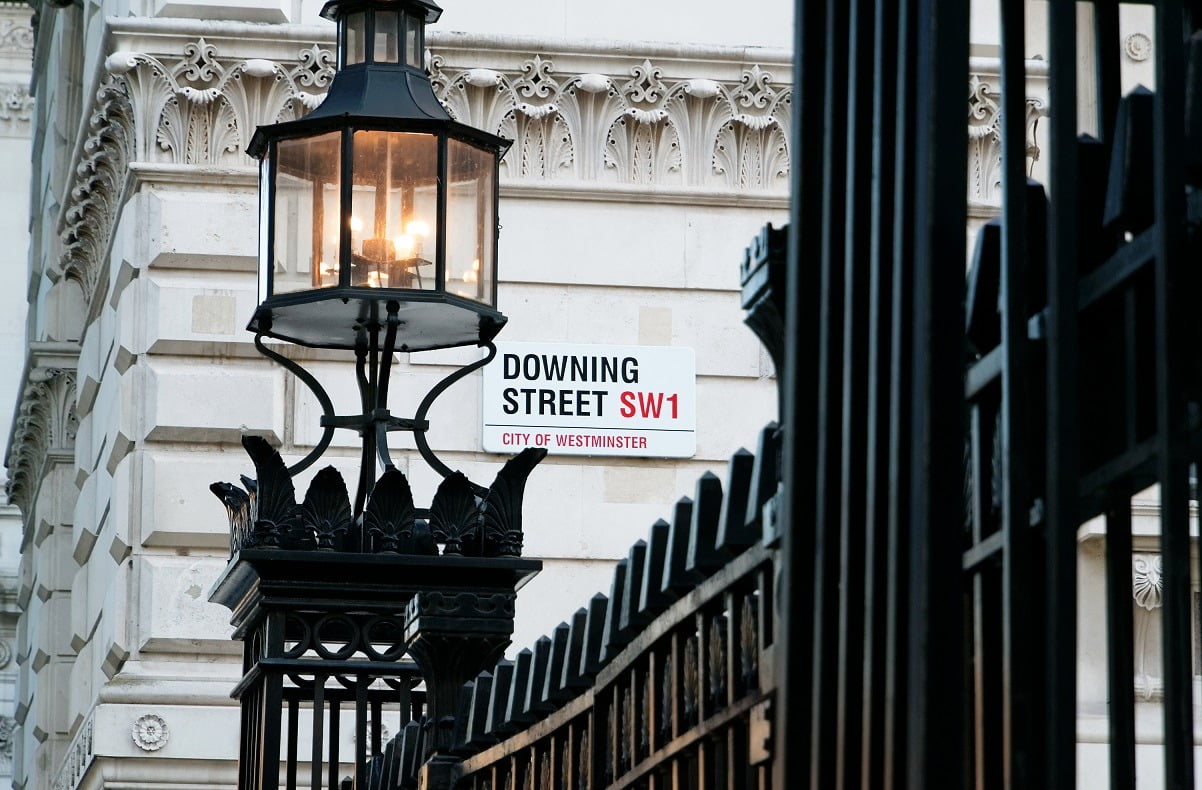
A new PM, a new approach to UK energy?
As Boris Johnson prepares to walk through the door of Number 10 this week, all focus will be on the new Prime Minister’s Brexit policy and what strategy he intends to unfold during the countdown between now and October 31 when Britain is set to leave the EU.
As Boris Johnson prepares to walk through the door of Number 10 this week, all focus will be on the new Prime Minister’s Brexit policy and what strategy he intends to unfold during the countdown between now and October 31 when Britain is set to leave the EU.
However, his appointment comes at a critical time for the energy industry. How Johnson chooses to prioritise energy and climate change in his first few weeks could set the precedent for his premiership.
Critical decisions
The UK has recently passed laws to set a new climate change target, aiming to reduce greenhouse gas emissions to net zero by 2050. However, the pathway to achieve this is yet to be defined, and action is required soon if the UK is to stay on track. Against this backdrop, the UK’s energy policy is out-dated and needs to be addressed:
One of the first tasks that the new Prime Minister will face is deciding whether to accept or review the recommendations laid out in the much-anticipated Energy White Paper. This was due to be published this week, updating the UK’s energy policy and setting out a new framework to tackle many pressing issues, from updating the funding model for new nuclear power stations to developing largescale carbon capture and storage projects and bringing forward investment in the renewable energy needed to help the UK meet its new Net-Zero targets.
Taking a proactive approach to energy and climate change – and making it a top priority despite the distraction of Brexit – would offer greater clarity across the energy industry but would also help businesses who are already feeling the burden of rising environmental subsidies and need to understand what changes they will be expected to take (and what charges they will be expected to pay) to deliver the UK’s energy transition.
A “clean, green powerhouse”
Boris Johnson can hardly be heralded as a life-long champion of tackling climate change. As an MP he has consistently voted against climate change measures, including the setting of a decarbonisation target in 2016. The UK’s former chief scientist also spoke out publicly against Johnson in June, highlighting the cuts he made to the UK’s climate change attaches during a critical time of global climate negotiations while at the Foreign Office.
However, on the leadership campaign trail he has been more supportive of efforts to meet emissions targets. He has spoken in favour of the challenging Net-Zero target, heralding it as a golden opportunity for Britain to become a market leader in clean, green technology. In a recent column for the Daily Telegraph, Johnson focused on how market forces have resulted in the drastic fall in the cost of renewable technology – and its subsequent growth in the UK. He asserted that “this country leads the world in green finance – funding the necessary improvements and technology – not just because it is right for the planet, but also because it is lucrative.” It could be that future tax incentives and regimes are introduced with the intent of bringing forward further investment in energy and encourage the development of new technological solutions.
A focus on certainty
Whatever the policy direction taken by Boris Johnson over the coming weeks and months, it will be vital that Brexit does not overshadow some of the critical decisions that are urgently needed on energy and climate change.
There has been clear momentum in recent months to boost sustainability, set ambitious Net-Zero targets and begin work to create a policy framework that can tackle some of the vital challenges facing our energy system. Such challenging goals have been welcomed by businesses and consumers alike, but the devil is in the detail.
The new Prime Minister must maintain this momentum and swiftly set out a clear pathway to 2050 to provide direction and clarity for UK plc. From those organisations developing new, clean technology to the thousands of British businesses who will fund the UK’s energy transition through taxes and levies on their energy bills, energy and climate change must be a priority in Boris Johnson’s government if we are to deliver this transition in the most efficient and cost-effective way for everyone.










